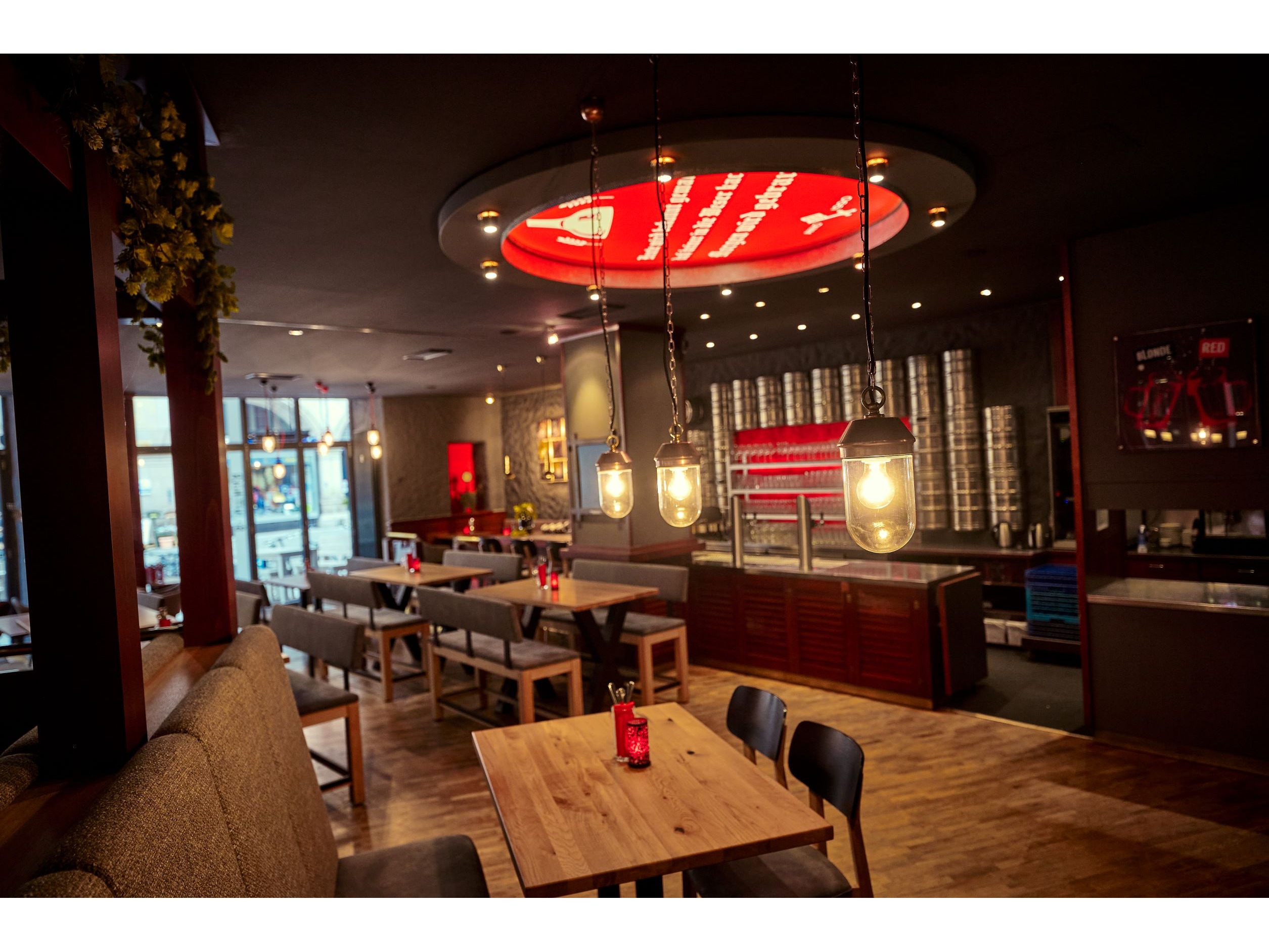Hôtel de ville de Brême
Vous pensez qu'il y a une erreur sur ce lieu ?
Signaler une erreur
Vos retours sont importants pour nous. Si vous avez remarqué une erreur concernant ce lieu, merci de nous en informer pour que nous puissions la corriger.
Propriétaire de ce lieu ?
Nous récupérons automatiquement les informations disponibles sur votre lieu. Si jamais celles-ci ne sont pas correctes, connectez-vous gratuitement sur notre tableau de bord pour les modifier et bonus, accédez à vos statistiques détaillées.
Ce qu'en disent les utilisateurs
Approuvé par 1 partenaires officiels
Autres lieux à voir autour
 Schüttinger Gasthausbrauerei
Hinter dem Schütting 12-13, Bremen 28195
Ajouté par53 utilisateurs
Schüttinger Gasthausbrauerei
Hinter dem Schütting 12-13, Bremen 28195
Ajouté par53 utilisateurs



"https://www.instagram.com/reel/DJ7SqGysesC/?igsh=MW8yejA5bnpqYno1cA== https://www.instagram.com/p/DQgwaz0DUjU/?img_index=9&igsh=a3d6cGdxeGFyYjA4"
@claudio.bo
"Das Bremer Rathaus ist ein prächtiges Renaissancebauwerk im Zentrum Bremens und wurde zwischen 1405 und 1410 erbaut, später im 17. Jahrhundert im Stil der Weserrenaissance umgestaltet. Es gilt als eines der bedeutendsten Rathäuser Deutschlands und gehört zum UNESCO-Welterbe. Heute dient es weiterhin als Sitz der Stadtverwaltung und als Symbol für Bremens historische Bedeutung als Hansestadt."
@
"Bremen, declarada Patrimonio de la Humanidad por la Unesco y famosa por el cuento de los Músicos de Bremen, es otra de las ciudades alemanas imprescindibles. El centro histórico, que gira alrededor de la Marktplatz, tiene la impresionante fachada renacentista del Antiguo Ayuntamiento, la Catedral y las estatuas de Rolando y la de los 4 animales que protagonizan el popular cuento de los hermanos Grimm, como sus principales joyas. Desde esta plaza puedes empezar una ruta para descubrir todos los lugares que ver en Bremen en un día como la calle Böttcherstrasse y la Sögerstrasse, el encantador barrio de Schnoor y su fotogénico molino de viento, que son algunos de los lugares más famosos de la ciudad."
@felimarina07
"Très belle Hôtel de Ville dans un superbe quartier "
@thomas.peron567
"Empfehlung Tagesspiegel. Abends auf den Marktplatz stellen, da werden alle historischen Gebäude angestrahlt. "
@
"mooie gezellige stad, veel te zien "
@pieceofcake1
"Ville médiévale avec l’un des plus anciens marchés de Noel d’Allemagne "
@
"charming historical centre"
@traceyenola
"The Town Hall and the statue of Roland on the marketplace of Bremen in north-west Germany are outstanding representations of civic autonomy and sovereignty, as these developed in the Holy Roman Empire in Europe. The old town hall was built in the Gothic style in the early 15th century, after Bremen joined the Hanseatic League. The building was renovated in the so-called Weser Renaissance style in the early 17th century. A new town hall was built next to the old one in the early 20th century as part of an ensemble that survived bombardment during the Second World War. The statue stands 5.5 m tall and dates back to 1404. Criterion (iii): the Bremen Town Hall and Roland bear an exceptional testimony to the civic autonomy and sovereignty, as these developed in the Holy Roman Empire. Criterion (iv): The Bremen Town Hall and Roland are an outstanding ensemble representing civic autonomy and market freedom. The town hall represents the medieval Saalgeschossbau-type of hall construction, as well as being an outstanding example of the so-called Weser Renaissance in Northern Germany. The Bremen Roland is the most representative and one of the oldest of Roland statues erected as a symbol of market rights and freedom. Criterion (vi): the ensemble of the town hall and Roland of Bremen with its symbolism is directly associated with the development of the ideas of civic autonomy and market freedom in the Holy Roman Empire. The Bremen Roland is referred to a historical figure, paladin of Charlemagne, who became the source for the French ‘chanson de geste' and other medieval and Renaissance epic poetry."
@
"Sa superbe façade Renaissance, sur le Markt, est l'un des symboles de la ville. Construit entre 1405 et 1410, inscrit au patrimoine mondial de l'Unesco, le Rathaus abrite un véritable joyau, à ne pas rater lors de votre séjour : la salle supérieure, Obere Halle , conserve un bateau accroché au plafond (si, si !) ; elle était dédiée aux réunions. La chambre d'or, Guldenkammer , rassemble quant à elle les archives. Ces salles sont somptueuses et à observer lors de la visite guidée. La salle inférieure, Unterhaus Halle , en revanche est en entrée libre ; elle ouvre directement sur la place du marché, à l'angle de l'hôtel de ville. Au Moyen Âge, elle abritait le marché. Les troubadours y donnaient des spectacles. On y trouve aujourd'hui des commerces."
@